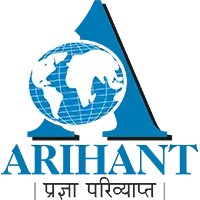Introduction
1) The basic objective of the B.Sc. HS Programme is to provide to the country a steady stream of competent young men and women with the necessary knowledge, skills, values and attitude to occupy positions of management and administration in the Hospitality Industry.
2) The course structure of the given B.Sc. HS Programme is designed keeping in view the basic objective stated above. Consequently certain essential features of such model programme structure would be.
a) To impart to the students latest and relevant knowledge from the field of hospitality.
b) Providing opportunities to the participants, within and outside the institutions, for developing necessary operating skills
c) Imparting / developing the right kind of attitude to function effectively in operational, Managerial /administrative positions.
3) Certain other essential considerations:
a) The knowledge imputes and opportunities for skill development have been offered in an evenly distributed and logically sequenced manner.
b) The design is simple and logical.
4) Imparting / developing suitable attitudes understandably is a very difficult and delicate task, and is to be done by the faculty as inconspicuously as possible.
5) The relative importance of skills development and attitudinal orientation in hospitality education suggests that the Institution offering the program should have some freedom on course development in choosing methods of instruction and internal assessment within a broad frame work of objectives and curriculum structure.
The Curriculum
1) The curriculum is presented in the accompanying chart along with the appendices containing a list of subjects and outlines of required courses.
2) Care and attention has been given to the basic objective of the curriculum and its academic rigor, with the much needed experimentation and innovation in the field of hospitality studies.
Eligibility for admission
The minimum eligibility for the course would be HSC (Std.12th) or its equivalent, passing with the minimum of 50% marks in aggregate. (45% marks in case of candidates of backward class categories belonging to Maharashtra State).
For students with non-science background a bridge course in science namely ‘Basics of Hospitality Applied Sciences’ will be conducted in the first year of the course. The duration of the bridge course will be of four weeks.
Number of lectures
There shall be at least 40 hours per week which includes lectures /practicals/ tutorials/seminars /assignments for the internal assessment work. The duration of the lectures/practical period shall be of 50 minutes each.
Industrial Training
In the Second Semester (Second Year) the students shall be sent for Industrial Training for a period of 20 weeks, in three star and above category hotel.
a) The student shall maintain a logbook for the training period on daily basis.
b) At the end of the industrial training the student shall submit a training report along with the log book maintained on daily basis during the period of training and the performance appraisalfrom each department.
c) The training report is to be prepared by the students in two typed copies and to be submitted to the principal within the stipulated time of assessment.
d) The report will be assessed by the internal examiner and only on the basis of a certificate of the examiner concerned that the training has been satisfactorily completed would the student be allowed to appear for the viva-voce of the Second Semester.
e) The training report will be assessed by a panel of examiners comprising of two external examiners (the external would include preferably one from the Hotel industry of the level of Head of the Department and above) and one internal examiner.
Project Work
Each student shall write a project Report on the topic based on the elective course under the guidance of an internal Teacher and submit the same to the Principal. The Project Report is to be prepared by the student in two typed copies and to be submitted to the principal within the stipulated time for assessment (30th April) Only on the basis of a certificate of the internal examiner concerned that the project report has been satisfactorily completed, would the student be allowed to appear for the viva-voce of the Second Semester.
The marks will be communicated by the Principal to the University before 31st May.
The project Report will be assessed by a panel of examiners comprising of two external examiners ( the external would include preferably one from the Hotel Industry of the level of Head of the Department and above ) and one internal examiner.
Attendance
The students are required to have at least 75% attendance in each course. The students who fail to comply with the above requirements shall not be allowed to appear for the examinations. Such students shall have to seek readmission in the same class of the succeeding year.


